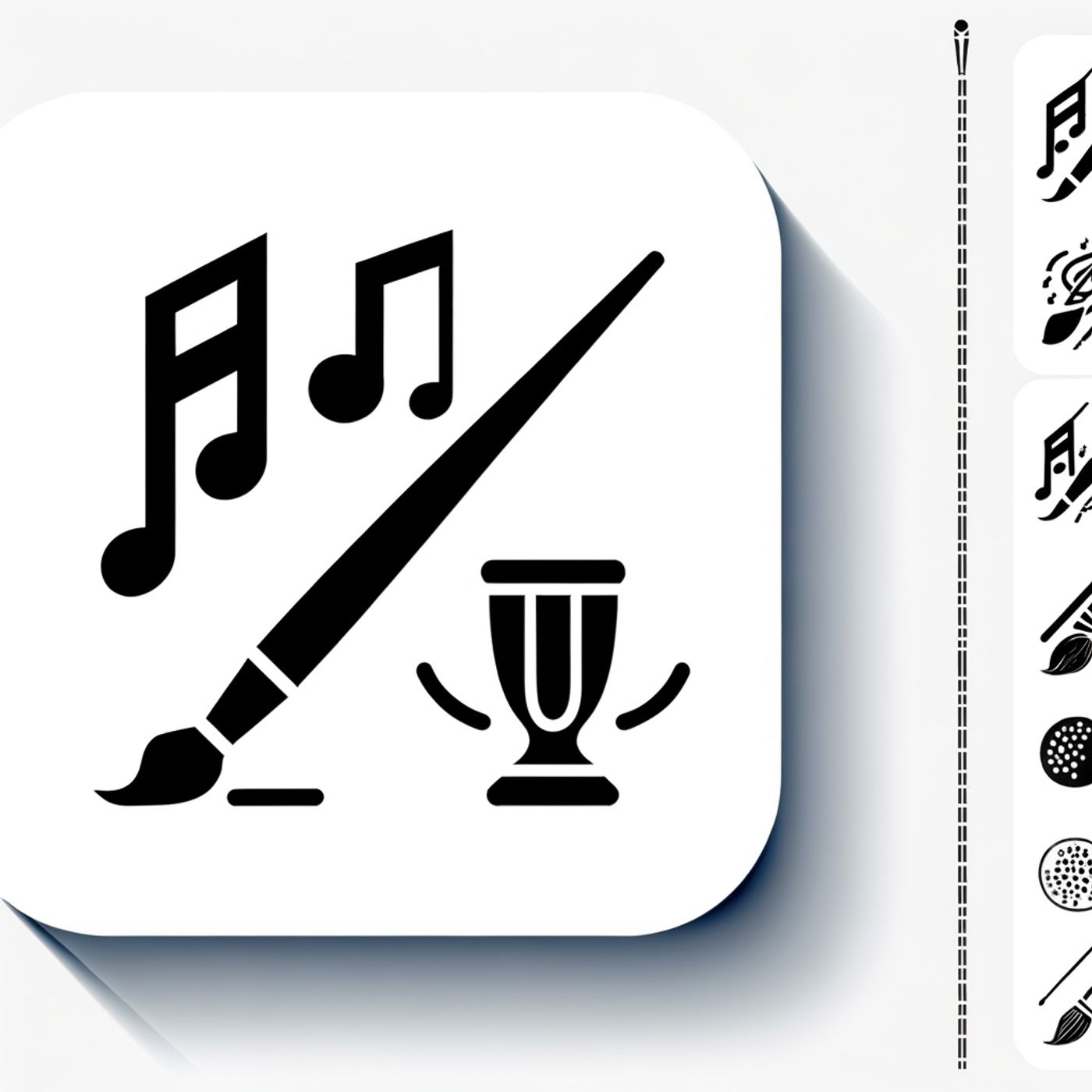Episode Details
Back to Episodes
Mastering Skills: The Science Behind Practice, Plateaus, and Purposeful Learning for Ultimate Success
Published 3 months, 1 week ago
Description
The phrase practice makes perfect captures a universal truth about learning and mastery, backed by scientific research from institutions like Rockefeller University and UCLA. Studies show that with repeated practice, neural pathways in the brain become stronger and more stable, turning unstable efforts into automatic, lasting skills as reported in Nature. This phenomenon is echoed by world-class musicians, athletes, and chess grandmasters, whose lives illustrate deliberate and sustained practice far beyond initial mastery.
Of course, most listeners hit learning plateaus along their journey. According to TeachMe.To, plateaus arise not just from repetition, but from mental fatigue or using ineffective strategies. Rather than practicing harder, the key is to practice smarter: break skills into smaller steps, focus on weaknesses, change routines, and use the Pomodoro Method for structured breaks. Even Olympic athletes and concert pianists employ coaches for objective, targeted feedback—reinforcing how expert guidance can reveal hidden bottlenecks and unlock further progress.
Psychologists warn, however, that the quest for perfection can tip into obsession and burnout. Constant repetition without variety may cause frustration and diminish intrinsic motivation. Embracing plateaus as opportunities for growth, practicing self-compassion, reframing setbacks as temporary, and celebrating small wins help sustain long-term progress, as highlighted in Psychology Today and plateau guides like Hyperstellar.
Practical tips for listeners: set clear, measurable goals for each session, celebrate effort over outcome, integrate skill practice into daily habits, and use mindfulness to curb negative self-talk. Remember that meaningful improvement comes from *purposeful*, not mindless, practice. Incorporating breaks, varying techniques, and seeking out new challenges keeps the brain adaptable and learning fresh.
Finally, the science is clear: relentless practice alone isn’t enough, but thoughtful, adaptive routines—plus balance and well-being—are essential for mastery. Practice indeed makes perfect, but only when combined with reflection, variety, and expert feedback. In every field, the journey through repetition, setbacks, and breakthroughs offers listeners the chance to pursue their own version of excellence.
This content was created in partnership and with the help of Artificial Intelligence AI
Of course, most listeners hit learning plateaus along their journey. According to TeachMe.To, plateaus arise not just from repetition, but from mental fatigue or using ineffective strategies. Rather than practicing harder, the key is to practice smarter: break skills into smaller steps, focus on weaknesses, change routines, and use the Pomodoro Method for structured breaks. Even Olympic athletes and concert pianists employ coaches for objective, targeted feedback—reinforcing how expert guidance can reveal hidden bottlenecks and unlock further progress.
Psychologists warn, however, that the quest for perfection can tip into obsession and burnout. Constant repetition without variety may cause frustration and diminish intrinsic motivation. Embracing plateaus as opportunities for growth, practicing self-compassion, reframing setbacks as temporary, and celebrating small wins help sustain long-term progress, as highlighted in Psychology Today and plateau guides like Hyperstellar.
Practical tips for listeners: set clear, measurable goals for each session, celebrate effort over outcome, integrate skill practice into daily habits, and use mindfulness to curb negative self-talk. Remember that meaningful improvement comes from *purposeful*, not mindless, practice. Incorporating breaks, varying techniques, and seeking out new challenges keeps the brain adaptable and learning fresh.
Finally, the science is clear: relentless practice alone isn’t enough, but thoughtful, adaptive routines—plus balance and well-being—are essential for mastery. Practice indeed makes perfect, but only when combined with reflection, variety, and expert feedback. In every field, the journey through repetition, setbacks, and breakthroughs offers listeners the chance to pursue their own version of excellence.
This content was created in partnership and with the help of Artificial Intelligence AI